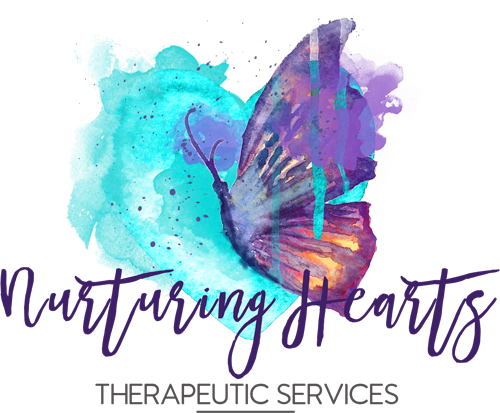When you think of yoga, what images come to mind? Do you imagine the tranquil yogi stretching on a serene mountaintop? Do you see the upside-down poses- the ones that make your hips quiver and ache?
There’s no doubt that yoga has numerous physical health benefits. However, research continues to show the impressive relationship between yoga and mental health. Let’s explore the top benefits you should know.
Yoga Aligns You With Your Breath
We’ve all heard the significance of taking deep breaths during stressful and uncomfortable situations. As it turns out, this advice doesn’t just derive from kindhearted old wives’ tales. Research on mental health continues to emphasize how your breathing impacts your stress levels- and how your stress affects your overall emotional well-being.
In your yoga practice, you will be instructed through a series of poses and postures. You may push your body past a certain limit. However, it’s your breath that moves you through the tension associated with each posture. It’s your breath that transcends the discomfort and pain. Finally, it’s your breath that keeps you going (even if you feel like you don’t want to keep going!).
Proper breathing is invaluable for your health. Your breathing shapes your energy, which can shape your mood and outlook. The more you can harness healthier breathing, the more connected you feel toward yourself. This connection is powerful because it can help keep you grounded during times of stress.
Yoga Can Help You With Trauma Healing
When you experience a trauma, it can be debilitating for both your physical and emotional well-being. Even if the trauma happened many years ago, you can store the memories and feelings in your bodies, and you carry that stress and anguish deep inside.
Trauma rewrites a narrative and may make it difficult for you to trust yourself or the world around you. It may trigger strong feelings of hypervigilance, terror, resentment. Trauma is personal, and it is challenging- while some people feel comfortable sharing their experience, others will avoid doing so altogether.
Research continues to show the positive benefits of yoga for helping heal trauma symptoms. That’s because regulated breathing can impact the parasympathetic nervous system, which can reduce some of the dissociative symptoms of trauma. It’s also because yoga encourages the positive expression of the physical and psychological self. This boost can do wonders for your self-esteem, and self-esteem can be one of the best remedies for coping with trauma.
Yoga is all about individual choice. You choose the poses, you choose your comfort, and you ultimately choose how and when you practice. There is no pressure to move into space where you don’t feel comfortable. Because trauma violates personal agency, having this sense of empowerment can make a profound difference in healing.
Yoga Promotes A Sense Of Internal Compassion
Yoga isn’t like most conventional forms of exercise. You aren’t competing or trying to outdo anyone else. You aren’t trying to win at a particular game. You aren’t even necessarily asked to take certain risks.
Instead, yoga is a practice focused on internal gratitude. Instead of focusing on what your body needs to do, you’re focusing on what your body can do. That perspective naturally creates a healing space for self-awareness and kindness.
If you are part of the 91% of American women who are dissatisfied with their body image, learning how to treat your body with respect can be life-changing. Most of us spend our time fighting how we look and fighting the shape, size, and appearance of our bodies. There is a good chance you are harder with yourself than you are with treating other people. Reframing how you see yourself may do wonders for your mental health.
In yoga, you’re able to appreciate your body for its strength, resilience, and tenacity. You’re able to focus on how your body functions, adapts, and works for you every second of every day. If that’s not good for your mental health, what is?
Final Thoughts On Yoga and Mental Health
The perks between routine yoga and mental health are undeniable. Fortunately, you don’t need to be an expert to reap the benefits. Likewise, you don’t need fancy equipment or excess money to get started! All you need is a hard surface, mat, and an instructor.

